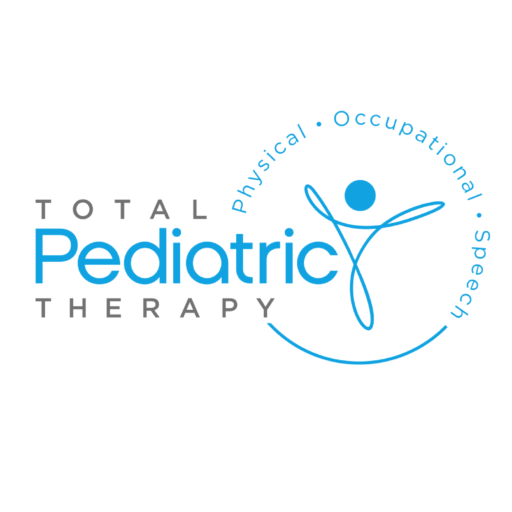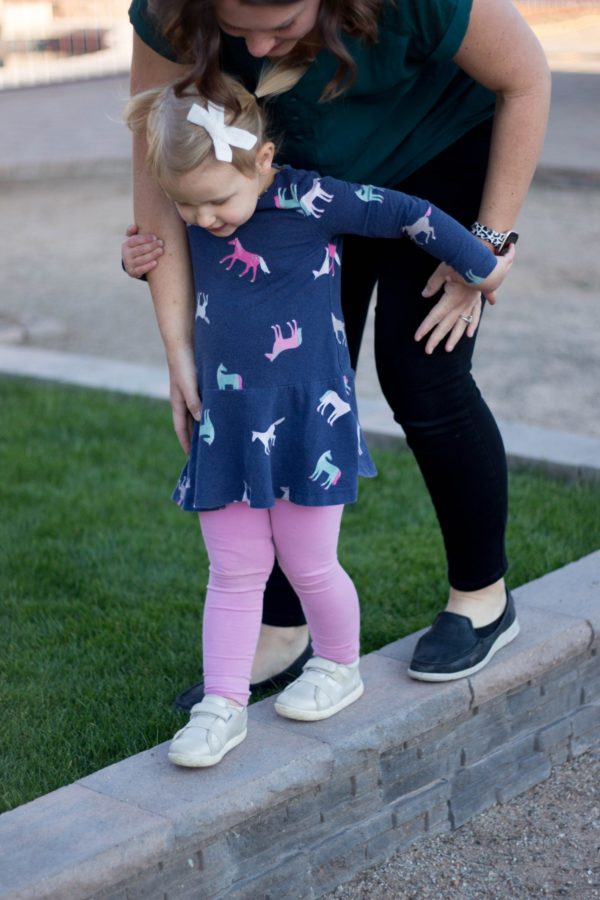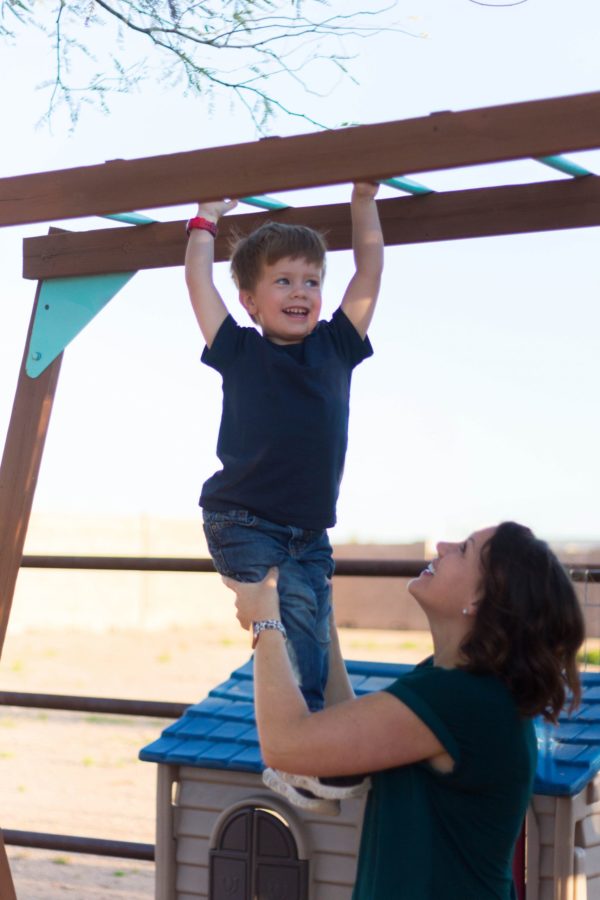Child developmental delays are not always easy to spot.
It is important to remember that each child is unique and may develop skills differently than their peers. However, there are some signs to look for if you’re concerned about your child’s gross motor skill development:
- Your baby is not tolerating tummy time or has difficulty lifting his/her head
- You notice your baby is developing a preference to use only one side of their body (for example: they only reach with one hand or only roll over one side)
- Your baby has a preference to rotate his or her neck to one side and you may notice a flattening on one part of the skull
- Your baby has difficulty progressing through typical gross motor skills such as reaching, rolling, sitting, crawling, walking, or transitioning in and out of positions
- Your baby lacks interest in transitioning to different positions
- Concerns for foot or ankle positioning once baby pulls to stand
- Any excessive tripping or catching of toes while walking
A Pediatric Physical Therapist can evaluate your child’s range of motion, strength, alignment, tone, walking pattern and balance skills to determine if physical therapy sessions may be necessary to assist your child in reaching his or her functional potential. It is essential to seek early therapeutic intervention for the best outcome. Don’t wait to see if things will improve, let an experienced Pediatric Physical Therapist help!




